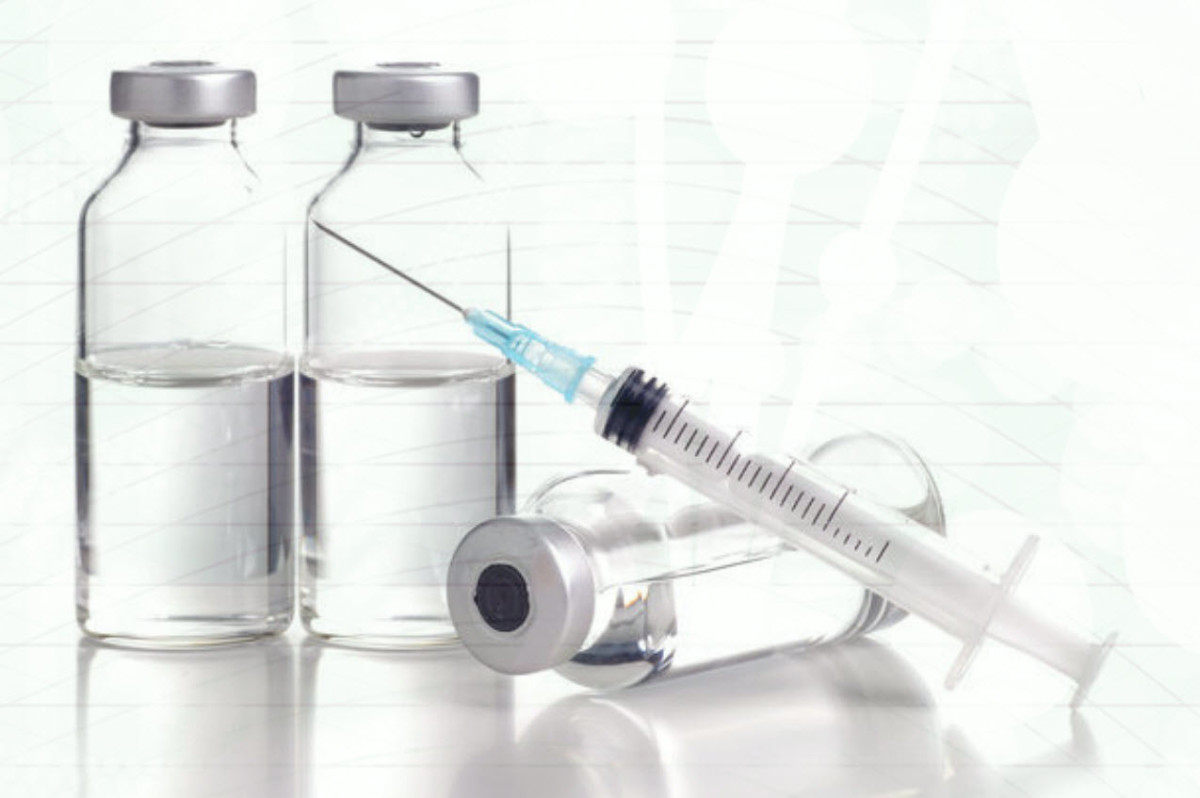
Most conventional oncologists will tell you that there is no data to support the concept that alkalizing inhibits cancer proliferation. But the truth is… the data exists.
Let’s begin by understanding how acid is produced by cancer cells. Many cancer cells prefer to utilize glucose for energy through a process called glycolysis. Glycolysis allows the cells to generate ATP (energy) quickly; in addition, avoiding the use of the mitochondria to generate energy, makes the cancer cells less susceptible to mitochondrial-induced apoptosis (programmed cell death). Cancer cells that rely on glycolysis tend to be more resistant, more aggressive, and more likely to be metastatic.
When glucose is processed through glycolysis, the end product is lactic acid. As cancer cells feed by influxing glucose intracellularly, and process the glucose to make ATP, their waste product, lactic acid, must be excreted. If they were to be unable to excrete the acid in a timely fashion, they would, of course, die from acidity. Cancer cells therefore quickly evolve by upregulating multiple mechanisms that allow them to efflux the lactic acid from the intracellular space, into the extracellular milieu.
So what happens outside the tumor, as lactic acid accumulates? Lactic acid promotes cancer aggressiveness through the following mechanisms:
1. Stimulates the release of matrix metalloproteinases (enzymes that degrade extracellular matrix), allowing cancer cells to “dig in.”
2. Stimulates release of cancer growth factors.
3. Stimulates angiogenesis (development of new blood vessels for further cancer growth).
4. Lactic acid directly inhibits T cells from attacking the cancer.
So… if we alkalize the acidic extracellular milieu, can we decrease the aggressiveness of the cancer? Is there any data to support this?
Bicarbonate Increases Tumor pH and Inhibits Spontaneous Metastases; Ian F. Robey, Brenda K. Baggett, Nathaniel D. Kirkpatrick, Denise J. Roe, Julie Dosescu, Bonnie F. Sloane, Arig Ibrahim Hashim, David L. Morse, Natarajan Raghunand, Robert A. Gatenby, and Robert J. Gillies; Cancer Res. 2009 Mar 15; 69(6): 2260–2268.
This study showed that oral NaHCO3 (baking soda) selectively increased the pH of tumors and reduced the formation of spontaneous metastases in mouse models of metastatic breast cancer. NaHCO3 therapy also reduced the rate of lymph node involvement and significantly reduced the formation of hepatic metastases.
Human Clinical Trials
1. Extended Use of Sodium Bicarbonate in Patients with Cancer (all malignancies included); Sponsor: University of Arizona. This pilot phase I trial studied the safety of long-term use of sodium bicarbonate in patients with cancer. The experimental arm used a dose of sodium bicarbonate of 0.5 grams/kg/day. This study has been completed with results not yet posted.
2. Bicarbonate for Tumor Related Pain; Sponsor: H. Lee Moffitt Cancer Center and Research Institute. This trial was to determine if sodium bicarbonate can reduce cancer-related pain, by decreasing the acidity around tumors. This Pilot Supportive Care study ended prematurely due to slow accrual and the initiating principal investigator leaving the institution.
In Conclusion
We await phase I data from the only completed human clinical trial, treating cancer with sodium bicarbonate. The animal data, as well as the science, is extremely compelling. Individuals treating cancer through alkalization should keep in mind that high doses of sodium bicarbonate seem to be necessary; drinking alkaline water likely has a minimal effect on the pH of the cancer extracellular milieu. In addition, those that attempt to self-treat with high dose sodium bicarbonate should be monitored by a physician.
healthyliving March 22nd, 2017
Posted In: cancer care
Tags: alkalizing, angiogenesis, cancer, glycolosis